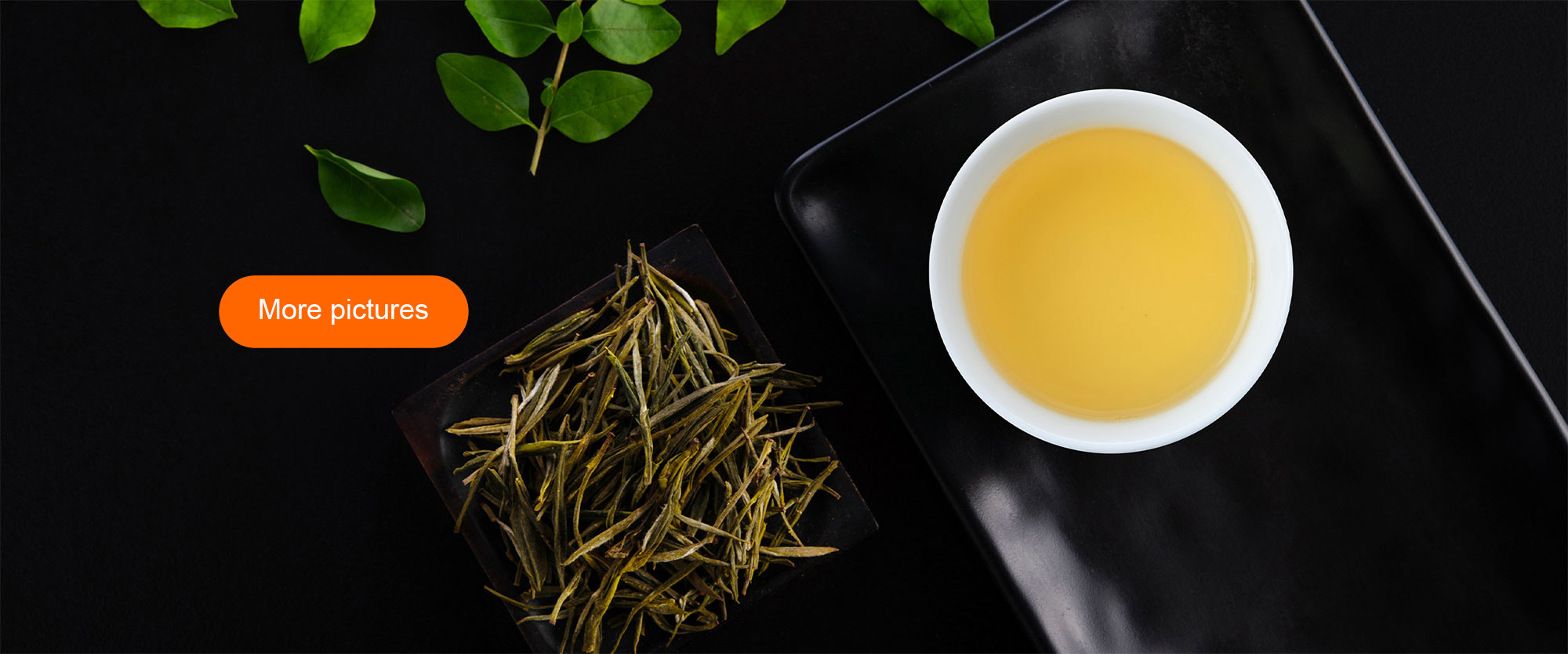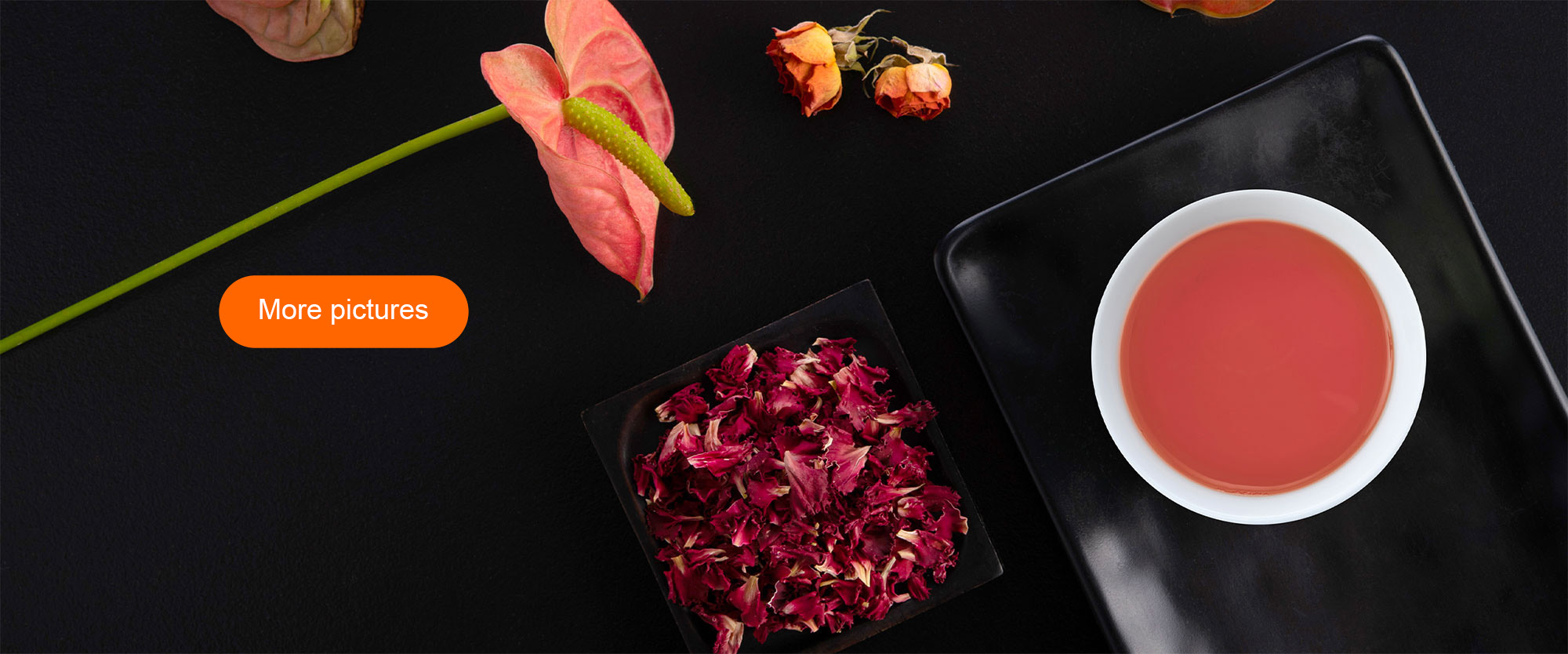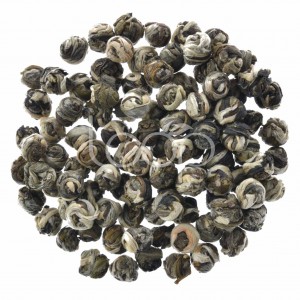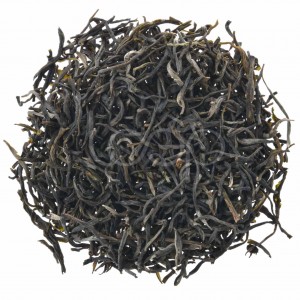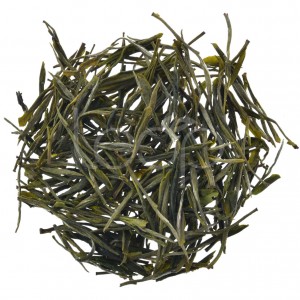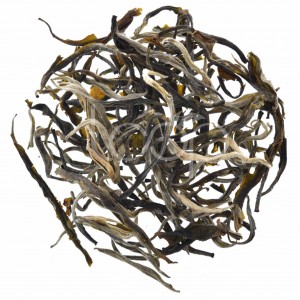EU And Organic Standard Matcha Powder
EU Matcha #1
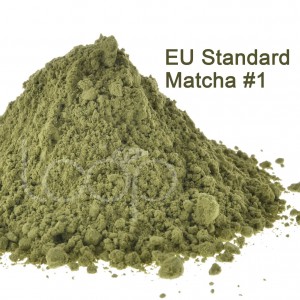
EU Matcha #2
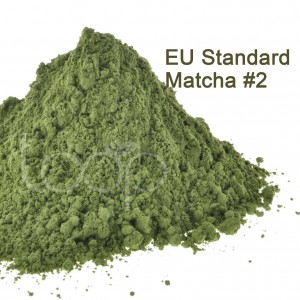
EU Matcha #3
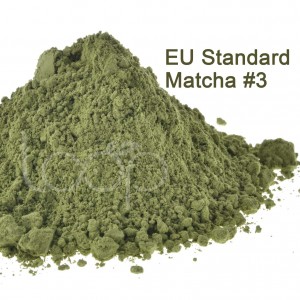
Organic Matcha
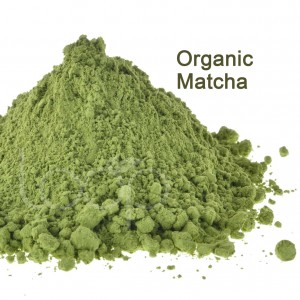
Matcha is a powdered green tea containing 137 times more antioxidants than brewed green tea . Both come from the tea plant (camellia sinensis), but with matcha, the entire leaf is consumed.
It has traditionally been consumed as part of Japanese tea ceremonies for centuries, but has become more widely known and popular in recent years and is now enjoyed around the world in tea lattes, smoothies, desserts, snacks, and more.
Matcha is made from shade-grown tea leaves that also are used to make gyokuro. The preparation of matcha starts several weeks before harvest and may last up to 20 days, when the tea bushes are covered to prevent direct sunlight.[citation needed] This slows down growth, stimulates an increase in chlorophyll levels, turns the leaves a darker shade of green, and causes the production of amino acids, in particular theanine. After harvesting, if the leaves are rolled up before drying as in the production of sencha, the result will be gyokuro (jade dew) tea. If the leaves are laid out flat to dry, however, they will crumble somewhat and become known as tencha. Then, tencha may be deveined, destemmed, and stone-ground to the fine, bright green, talc-like powder known as matcha.
Grinding the leaves is a slow process because the mill stones must not get too warm, lest the aroma of the leaves be altered. Up to one hour may be needed to grind 30 grams of matcha.
The flavour of matcha is dominated by its amino acids. The highest grades of matcha have a more intense sweetness and deeper flavour than the standard or coarser grades of tea harvested later in the year.
Research suggests that green tea supports brain health and has anti-cancer, anti-diabetes, and anti-inflammatory effects. And we’ve already established that matcha is even more potent than green tea.
Plus, matcha is a gentler source of caffeine than coffee, and it’s rich in vitamin C, the calming amino acid L-theanine, and a flurry of antioxidants.

